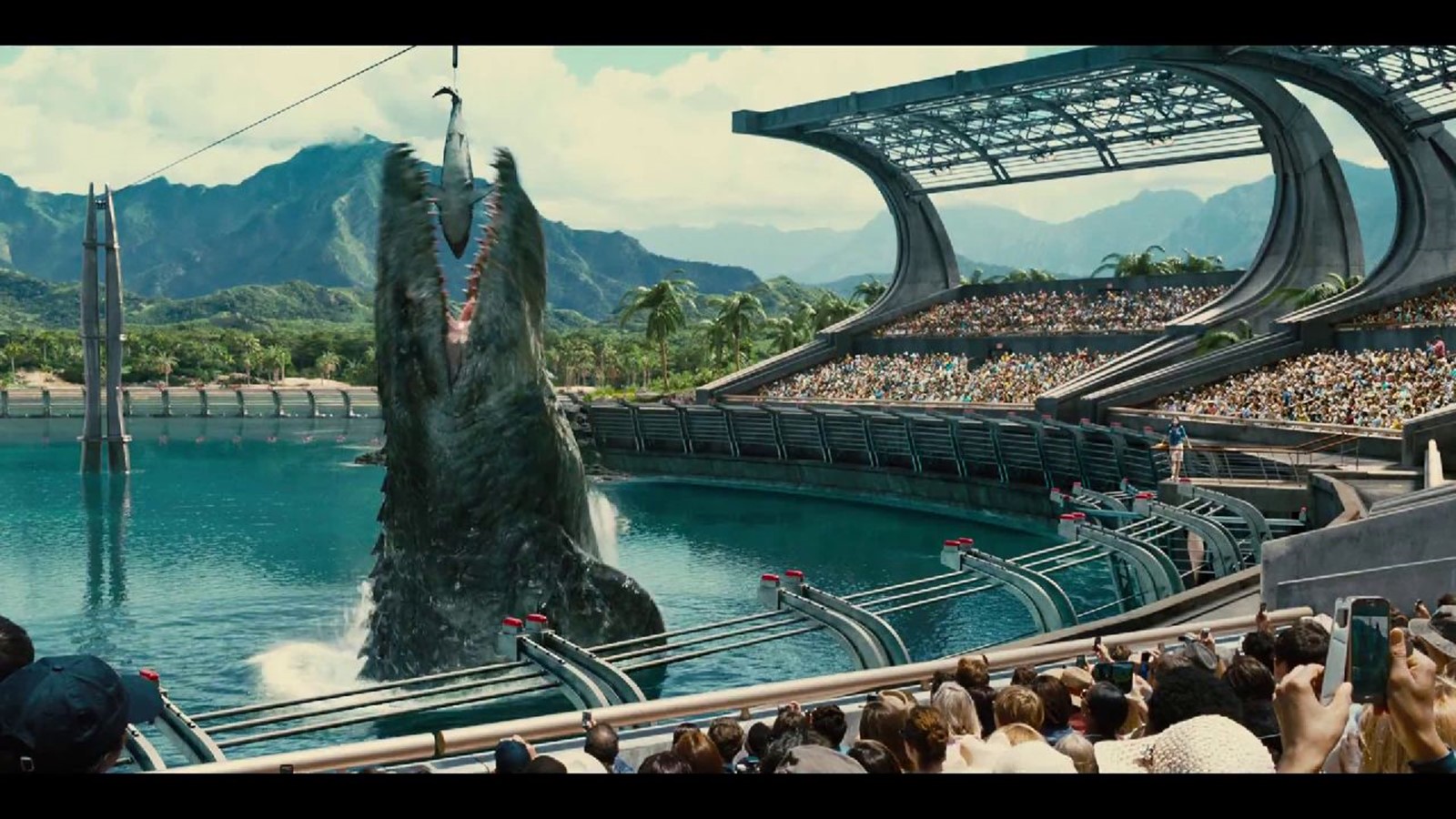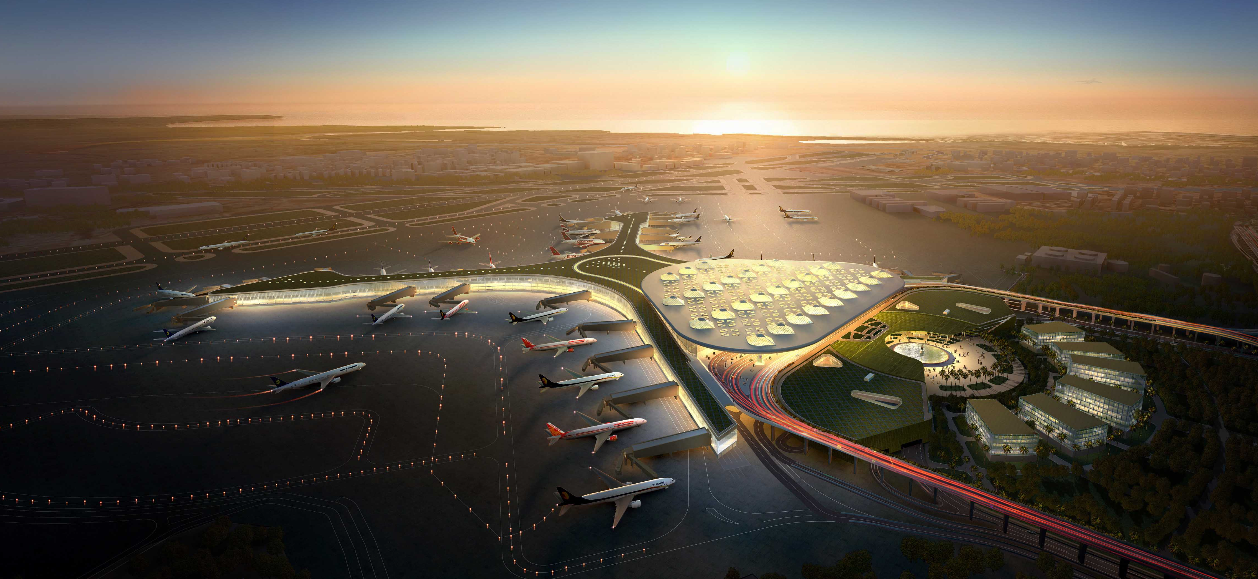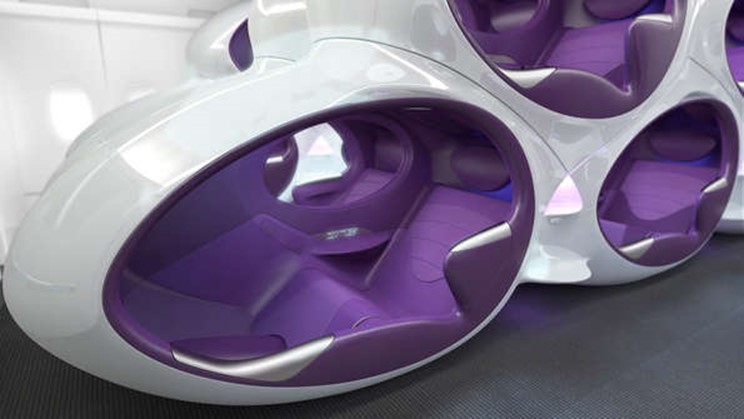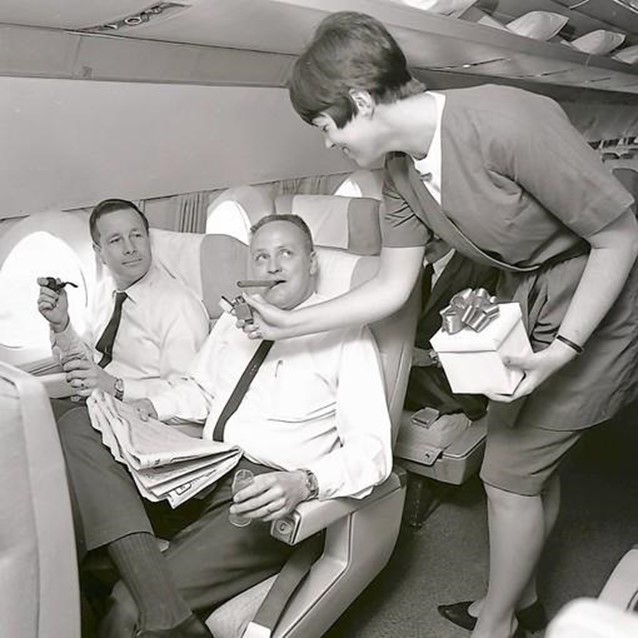The Economics Of Being A Male Model
June 22, 2015 in Daily Bulletin

Nikita Redkar wrote about the struggle to be a male model:
- Budding models are flown to New York where they’re given money to pay for expenses such as rent, food, and clothing.
- This money is offered to them as a loan and they are expected to pay it back. With interest.
- However most modelling jobs don’t pay anything – even high end ones such as being photographed on the cover of Vogue.
- The few times models are paid it may not be in cash, instead it maybe something like clothing.
- The debts that models enter into thus build up quickly and can be up to $20,000 after just a few months.
- Since the shelf life of most models is just a few years, they don’t have a lot of time to pay that debt down.
- A model’s success will depend, in part, on the trends of the day.
- These days models with a “relatable, boyfriend-handsome” look are popular as it is thought that they can appeal to both males and females.
You can read more about what it’s like to be in an industry and find a documentary about the subject here.
Source: Fusion

















Join the Discussion! (No Signup Required)